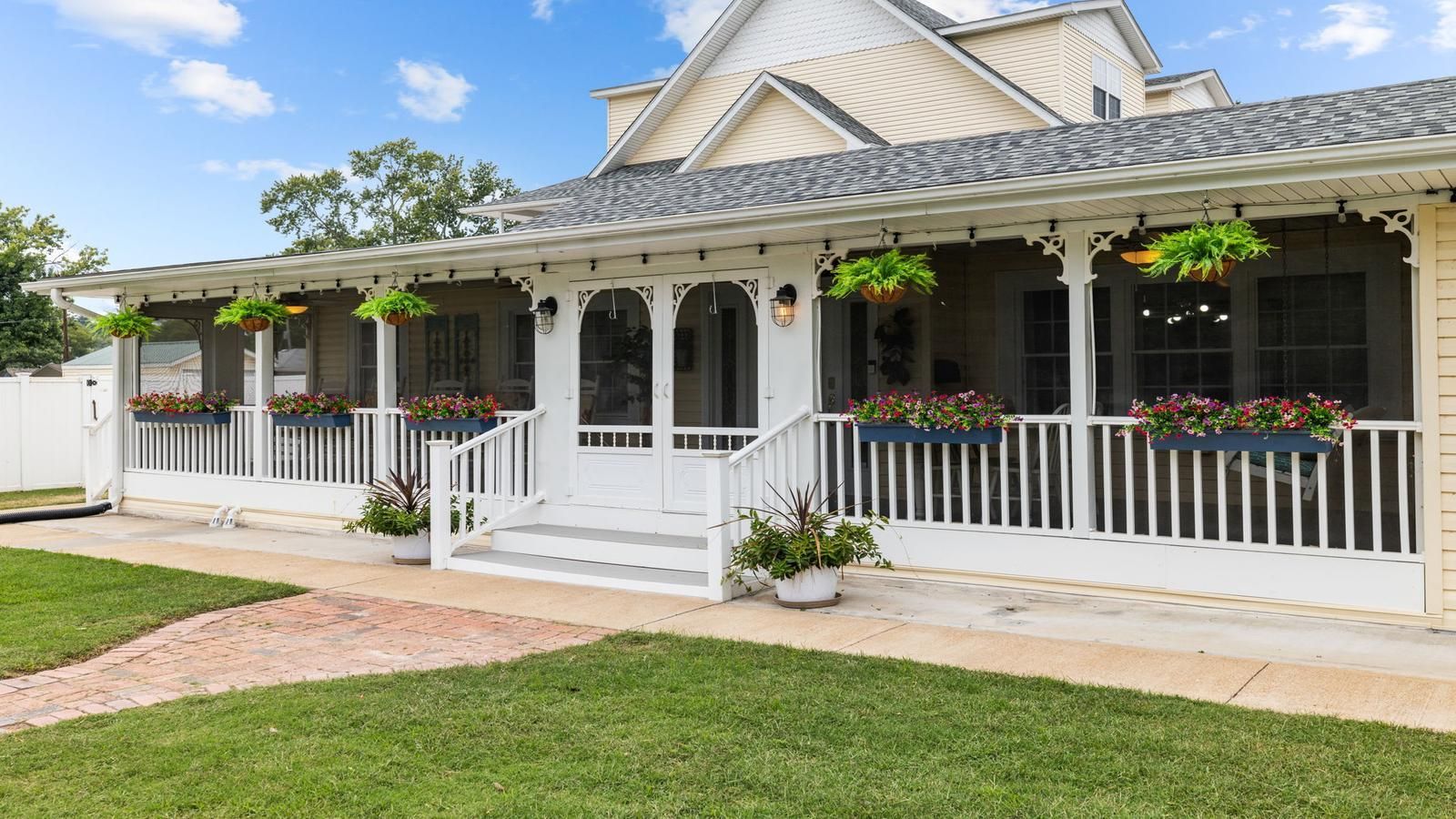Bathroom Remodeling: Do You Need a Permit or Permits to Start?
By:
Alex Saclauso | Jul 1, 2025

Planning to upgrade your bathroom? Whether you're installing a luxury walk-in shower, updating outdated plumbing, or doing a full gut renovation, one of the first questions you'll face is: Do you need permits to remodel a bathroom?
The short answer: usually, yes—depending on what you're changing. Let’s break it down.
Why Bathroom Remodeling Permits Matter
Permits may sound like bureaucratic red tape, but they play a vital role in ensuring your bathroom remodel complies with local building codes and safety standards. Whether you live in a house, condo, or apartment, local regulations exist to:
- Prevent unsafe plumbing or electrical installations
- Maintain the structural integrity of your home
- Ensure future buyers or inspectors don’t flag your upgrades as unpermitted work
Skipping permits can lead to fines, failed inspections, and serious safety risks.
Understanding do you need permits to remodel a bathroom will help avoid delays and keep your project on track.
When Do You Need a Permit to Remodel a Bathroom?
Permits are typically required if your project involves:
- Structural changes (e.g., removing load-bearing walls or expanding the bathroom)
- Plumbing modifications (e.g., relocating a sink, toilet, or shower)
- Electrical work (e.g., installing new circuits, outlets, or lighting systems)
- HVAC adjustments (e.g., new vents or exhaust fans)
In general, anything that affects the mechanical, electrical, or plumbing (MEP) systems in your home will need city or county approval.
Common Remodels That Require Permits:
- Moving plumbing lines or fixtures
- Rewiring or adding electrical circuits
- Installing a new shower or toilet in a different location
- Adding a window or skylight
- Installing a new ventilation fan
Understanding whether a permit is required for your bathroom remodel helps ensure your home remains compliant and safe.
Projects That May NOT Require a Permit
On the other hand, purely cosmetic upgrades usually don’t require a permit:
- Replacing faucets or showerheads
- Installing a new vanity (without moving plumbing)
- Painting or wallpapering
- Replacing tile or flooring
- Swapping out mirrors and light fixtures (same location)
Still, when in doubt, always check your local building code or consult a licensed contractor.
Cosmetic bathroom renovations or minor repairs typically don’t require permits, but anything affecting plumbing or structure likely will.
Types of Permits You Might Need
Bathroom remodeling projects often involve multiple systems, meaning more than one type of permit might be required:
- Building Permit: For structural changes or layout modifications
- Plumbing Permit: If you're altering water lines, drains, or adding fixtures
- Electrical Permit: For installing outlets, lighting, or upgrading circuits
- Mechanical Permit: For ventilation, heating, or cooling systems
Understanding the specific permit requirements in your area is crucial before starting any remodeling bathroom project.
The Permit Process: What to Expect
- Research Local Codes: Start by checking your city or county’s website for specific requirements.
- Gather Documentation: Most permit applications require floor plans, fixture details, and possibly stamped drawings from an architect or engineer.
- Submit the Application: This can usually be done online or in person at the local building department.
- Schedule Inspections: Permitted work typically requires one or more inspections during and after the remodel.
The permit process may take several weeks depending on the scope of the work and responsiveness of the building department.
Final inspection ensures your bathroom remodel meets all applicable codes—don’t skip this step.
What Happens if You Skip the Permit?
Failing to pull permits can lead to serious consequences:
- Fines and penalties from local authorities
- Delays or failed home sales if un-permitted work is discovered during inspection
- Safety issues due to non-code plumbing or wiring
- Insurance denials in the event of related damage or injury
If discovered, you may be required to open walls or redo the work entirely. Always pull permits when they are required.
Do Condo or HOA Rules Apply?
If you live in a condo, apartment, or any HOA-governed building, you’ll need to comply with both local building codes and internal association rules. They may:
- Require their own application/approval process
- Impose restrictions on structural changes
- Demand licensed, insured contractors only
- Limit working hours or days
Always submit your remodeling plans for board approval if required.
Working with a Licensed Contractor
A licensed contractor does more than just build. They:
- Understand your local permitting process
- Help you file the correct applications
- Coordinate inspections
- Ensure all remodel work is up to code
In some cities, only licensed professionals can pull permits. Hiring the right contractor can save you time, money, and headaches.
How Long Does It Take to Get a Permit for a Bathroom Remodel?
In most cases, you can expect the permit application process to take anywhere from a few days to a few weeks. However, if your bathroom remodel includes layout changes, structural adjustments, or work in a historic building, the permitting timeline could stretch to several months. Be prepared with accurate drawings, project scope, and contractor information to help speed up approval.
Cost of Bathroom Remodeling Permits
Permit fees vary by city and scope of work. You might pay:
- $100–$500 for standard permits
- $500+ for large-scale remodels involving multiple systems
- Extra for plan review, multiple inspections, or re-submittals
Factor permitting costs into your bathroom remodeling budget from the start.
Final Thoughts: Plan Smart, Permit Right
Yes—you likely need a permit to remodel a bathroom, especially if your project goes beyond cosmetic changes. Permits ensure safety, code compliance, and peace of mind.
Before you begin:
- Review your local building codes
- Understand your project’s scope
- Work with a qualified contractor
Following the proper steps ensures your bathroom remodel adds long-term value to your home—without future surprises.
Bonus Tip:
If you're also wondering how your remodel might impact the property's investment value or future rental income, consider reading our companion article: "How to Calculate Cap Rate for Vacation Rentals (And Why It Matters)."
Need help planning your bathroom remodel or navigating the permit process? Work with trusted remodeling professionals who understand local building codes, inspection scheduling, and permit applications. Whether you’re renovating a master bath or upgrading a powder room, getting the correct permits protects your investment and keeps your home safe.
Ready to start renovating? Start by asking: Do you need permits to remodel a bathroom? The answer will shape your entire project.





